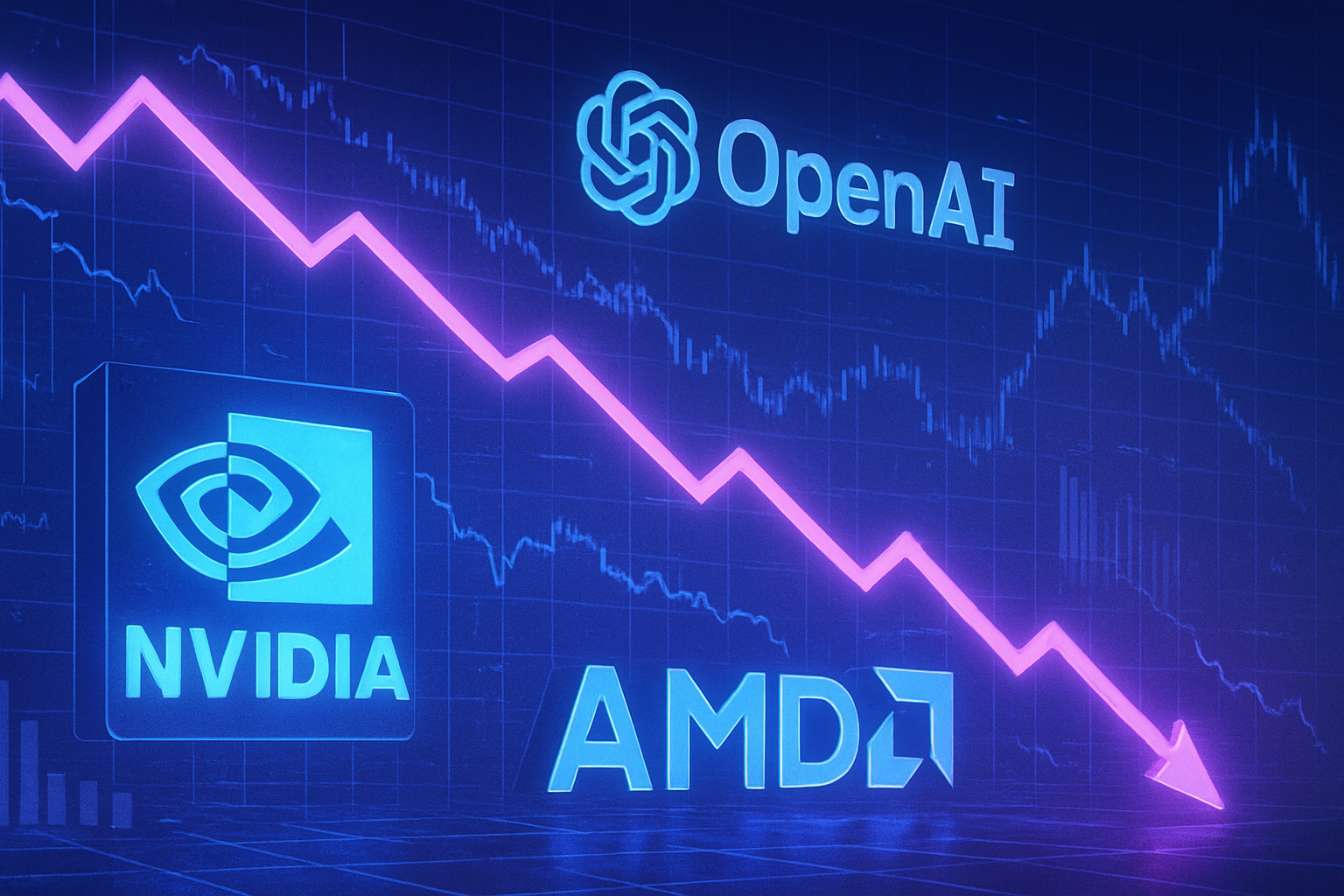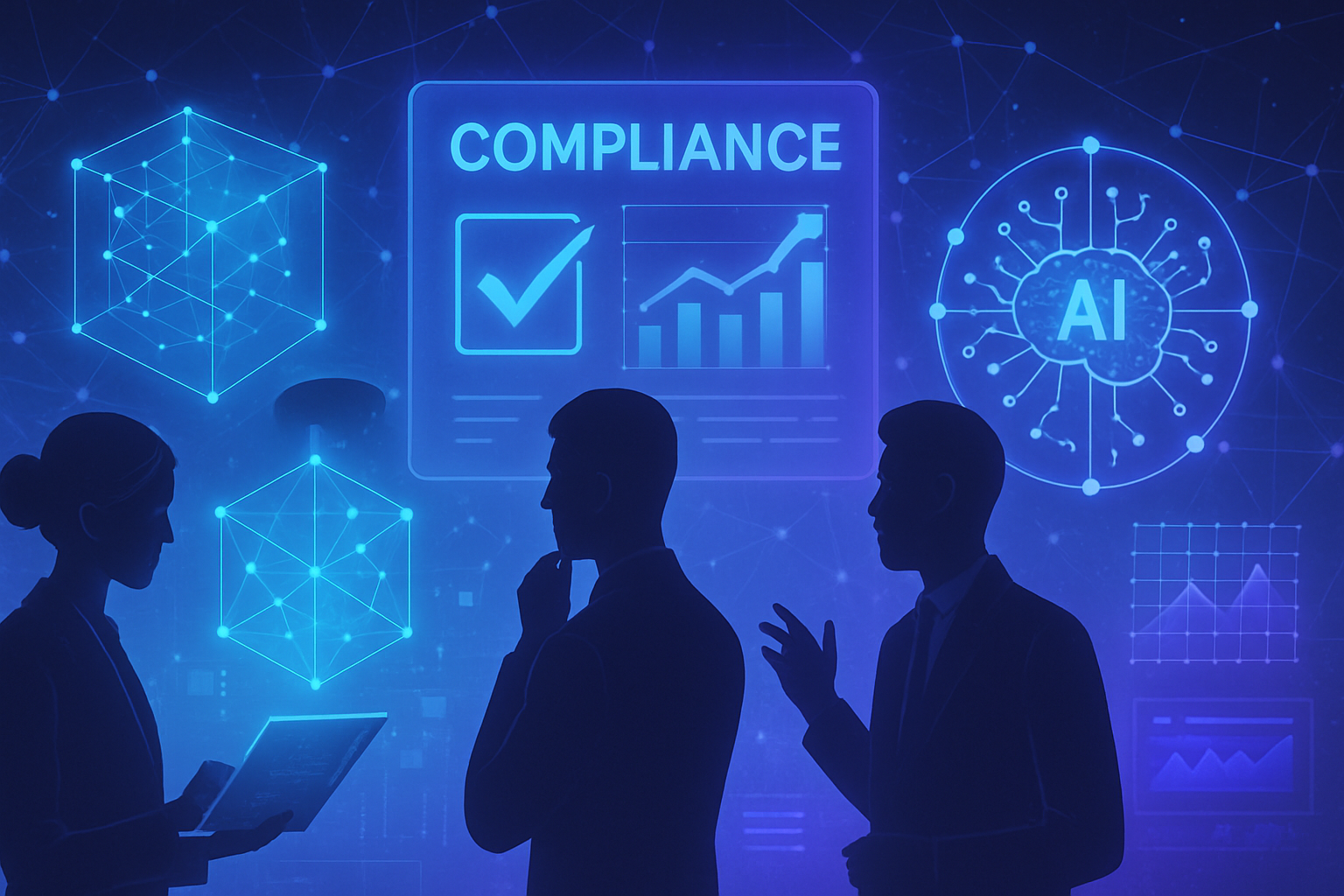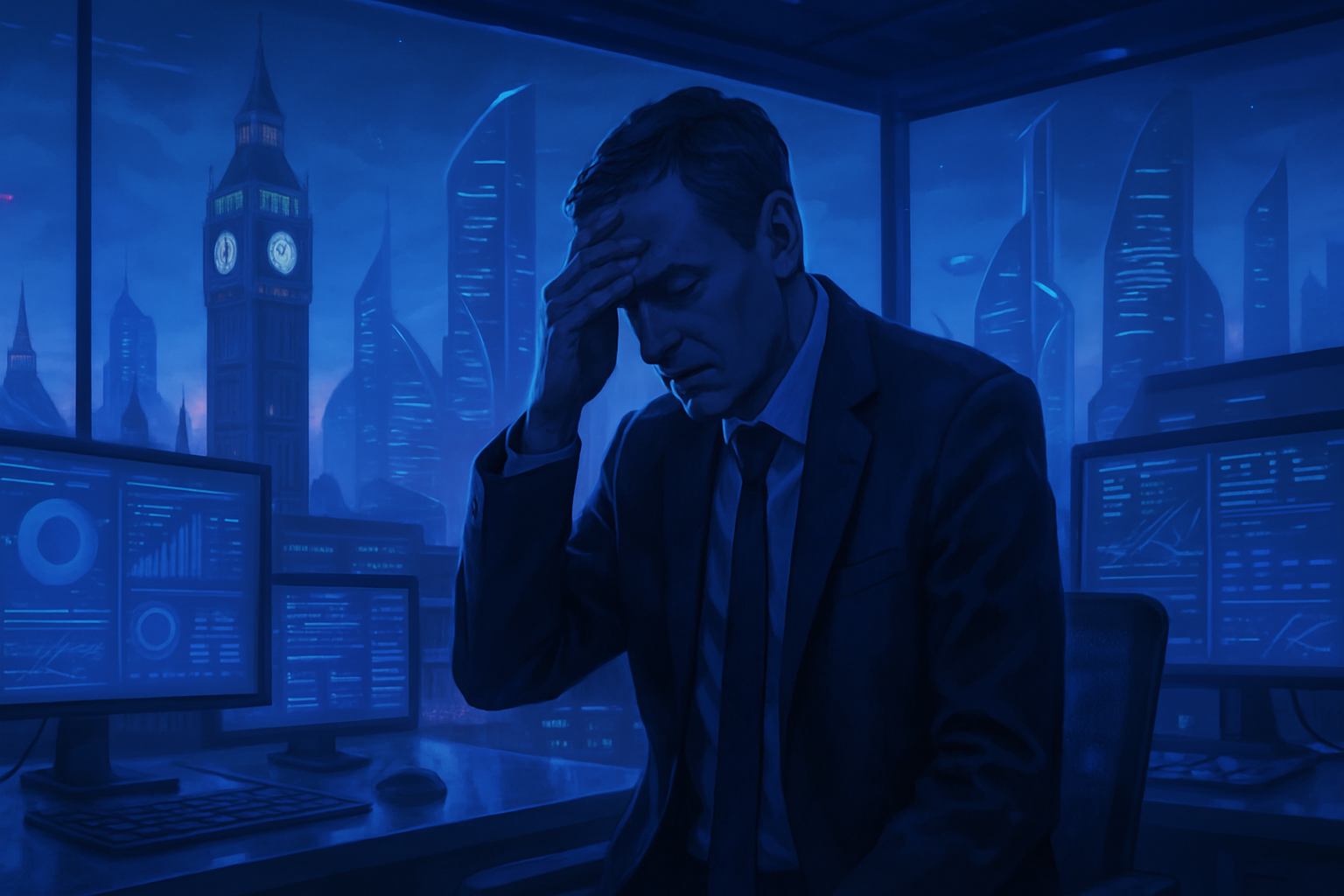Thomson Reuters, a major player in *legal information*, has made a decisive leap in the world of copyright. This judicial victory prohibits the *unauthorized* use of private data for training artificial intelligences. The case raises fundamental questions about *intellectual property* and the future of technology. The ramifications of this decision extend well beyond legal inquiries, impacting innovation and competition in the tech sector. By confronting *the practices of certain companies*, Thomson Reuters sets essential legal standards for AI players.
Legal victory of Thomson Reuters
A federal court in Delaware ruled in favor of Thomson Reuters in a complex case concerning copyright. The decision concerns the use of intellectual property data to train artificial intelligence models. Judge Stephanos Bibas ruled that U.S. copyright law does not permit the unauthorized use of protected content for commercial purposes.
Key elements of the case
Thomson Reuters filed a lawsuit against Ross Intelligence, a former competitor in the legal sector. Ross allegedly used content derived from the Westlaw platform, specifically “headnotes,” to train its own AI-powered legal research tool. The court thus stated that this type of use cannot be justified by the concept of fair use.
Repercussions and implications
The verdict marks a significant turning point as it could overturn precedents regarding AI and copyright. This decision could potentially affect over 38 claims currently in the U.S. concerning AI-related copyright. The judge defined Ross’s use as non-transformative, which contradicts the fair use argument typically invoked by companies in the sector.
Context and defense of Ross Intelligence
Ross Intelligence, after announcing its closure in December 2020, attempted to defend itself by filing a counterclaim for antitrust, which failed. This strategy was not enough to convince the court, which interpreted Ross’s behavior as a direct attempt to compete with Westlaw by using its unauthorized content.
Reactions and future outlook
Thomson Reuters expressed satisfaction with this ruling, considering that it protects the work of its legal editors. A company spokesperson mentioned: “The editorial content of Westlaw, created by our legal experts, is protected by copyright law.”
Adjacent cases and jurisprudence
Another ruling by Judge Bibas the previous year had initially denied a motion for summary judgment in favor of Thomson Reuters. However, upon reevaluation, he changed his position, thereby strengthening the notion of protecting legal content against unauthorized use.
Implications for the artificial intelligence industry
This ruling could profoundly influence how startups and AI giants leverage protected data. Judge Bibas indicated that his reasoning could be cited in future copyright cases involving artificial intelligence technologies, highlighting an increasing emphasis on intellectual property issues.
Confrontation between innovation and legislation
The rapid evolution of AI raises fundamental questions regarding copyright legislation. Companies must navigate an increasingly complex legal landscape, often on the fringes of legality. The effects on the market for legal tools and the protection of intellectual creations deserve particular attention.
Academic debates and critiques
Academics like Edward Lee believe that this ruling advocates for a necessary clarification in copyright law. Highlighting it, he notes that “the issue of copyright over content training generative AIs is too significant to go unnoticed.” The economic implications for the creator sector are substantial.
Frequently asked questions about Thomson Reuters’ legal victory regarding copyright and artificial intelligence
What does Thomson Reuters’ decision mean for training data usage by AI companies?
The decision prohibits the use of copyright-protected content for training artificial intelligence models without authorization, setting a precedent for companies wishing to use proprietary data.
Why did the judge reject the concept of fair use in the Thomson Reuters case?
The judge determined that Ross Intelligence’s use of Thomson Reuters content was not transformative and affected the market for the original, which did not meet the fair use criteria.
What are the consequences of this decision for the artificial intelligence industry?
This victory may prompt companies to reassess their data collection practices, pushing them to obtain licenses or use unprotected sources to avoid lawsuits.
Does the decision only affect startups or does it also apply to large companies?
Although the case involves a startup, the decision applies to all artificial intelligence companies using protected data, whether large or small.
What other legal cases could be influenced by Thomson Reuters’ decision?
The decision could influence dozens of other ongoing cases related to the use of protected works in the context of artificial intelligence, increasing pressure for copyright compliance.
How did Ross Intelligence attempt to use Westlaw’s content without authorization?
Ross Intelligence attempted to purchase a license for the content, but upon refusal, it sought to obtain bulk memos compiled by lawyers, which contained excerpts from Westlaw’s content.
What implications does this decision have for copyright protection in the field of AI?
This strengthens copyright protection, clarifying that content prepared by editors is protected and cannot be exploited without consent, which could influence future training data legislation.
Are there solutions for artificial intelligence companies to avoid copyright violations?
Companies should invest in appropriate licenses, develop their own content, or utilize unprotected databases to ensure compliance with copyright laws.






